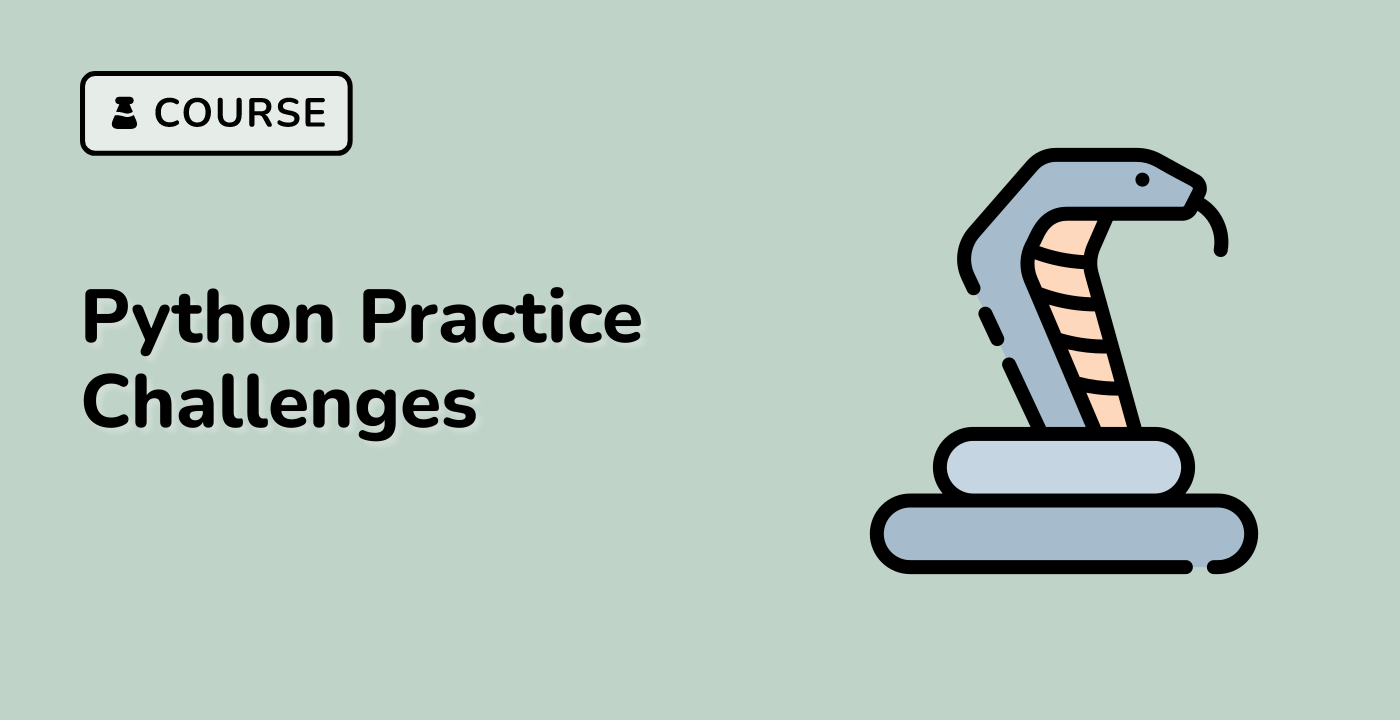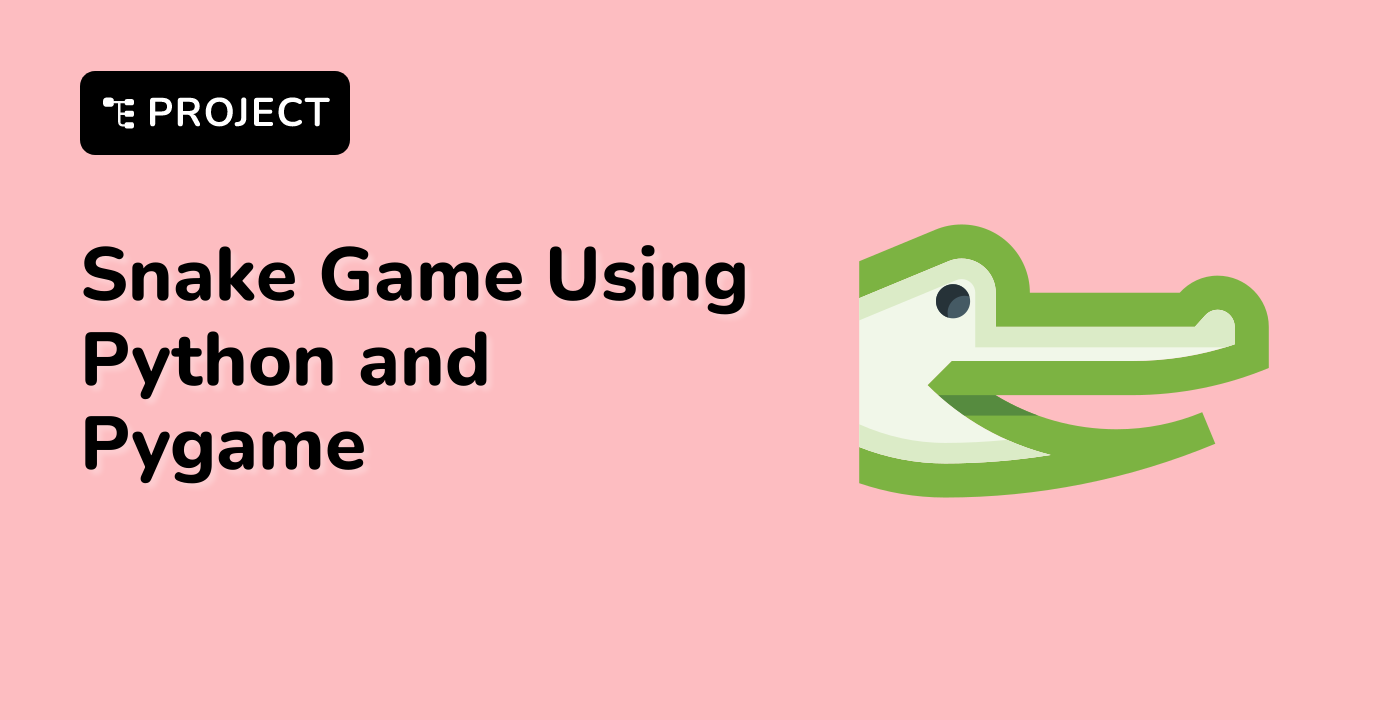Introduction
Welcome to the Python Data Collections Lab, where you, as a future tech engineer, are tasked to handle the data requirements for the grand opening of the "Next-Gen Tech Arena". The arena will be showcasing cutting-edge gadgets and intelligent systems from around the globe, and the management requires a system that can effectively categorize, manage, and manipulate vast amounts of diverse data, from visitor statistics to device specifications.
As the appointed data specialist, your goal is to design and implement Python data structures that can manage this intricacy and volume efficiently. Your success will not only ensure a smooth operation during the event but also set a precedent for handling big data in future technology expos. Are you ready to take on this challenge and make the event a historical success? Let's get started and dive into the world of Python data collections!




